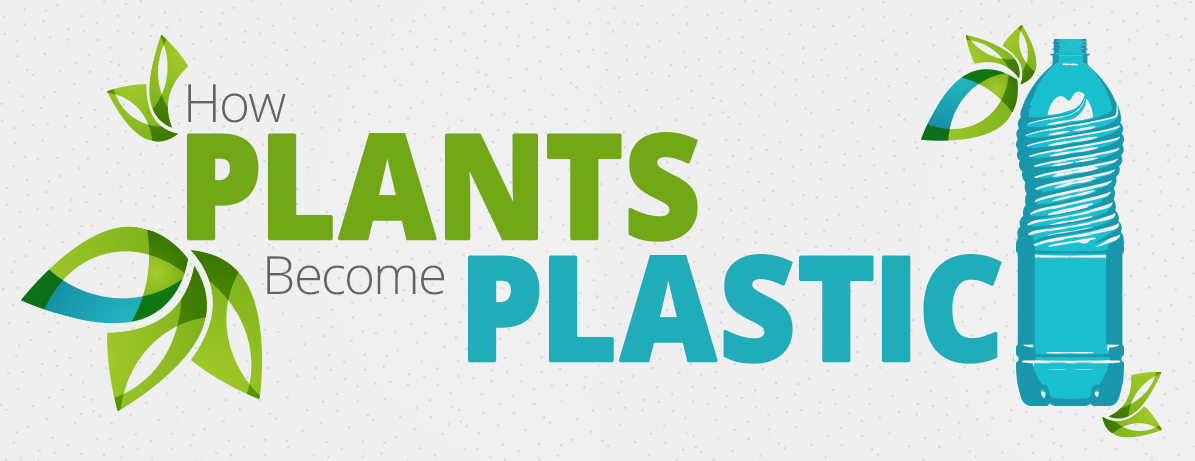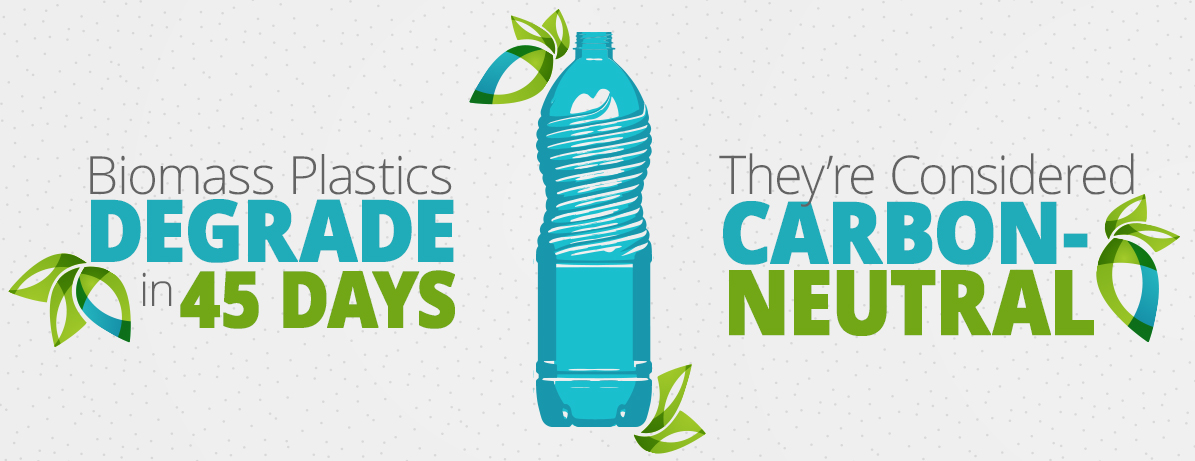
How Plants Become Plastic Bottled Water
August 27, 2014If you’ve been paying attention to plastic bottles recently, you may have noticed the trend in using plant-based plastic. Numerous manufacturers have begun manufacturing bottles out of renewable materials, which is good news for our planet!
But what exactly does plant-based plastic mean? At Azure Water, our bottles are made from 25% plant material (and the other 75% is from recycled plastic), so we can help give you some answers.
Which Plants Are Used?
Plant-based plastic, or biomass plastics, can be made from a plethora of different plants. Popular options are corn, sugar cane, soybeans and canola. However, sugar beets, wheat, sweet potatoes and rice can also be used in the plastic-making process. Biomass plastics can also be created from waste products of the food industry, which helps make food production processes more sustainable as well.
What Processes Are Used to Convert Plants to Plastic Bottled Water?
Depending on the plant, a different process will be used to create the plastic. One of the most popular processes is called starch conversion. In this method, starch is first converted into dextrose, which is then fermented to create lactic acid. The lactic acid is then converted into pellets, which can be used to create various plastic products. Another popular method is microbial conversion, which uses bacteria to convert bio-waste into plastic.
How Do Plant-Based Plastics Help the Environment?

Conventional plastic is made using large amounts of fossil fuels, which are derived from petroleum. This unleashes toxic chemicals into the environment that are hazardous to the Earth and our health. Biomass plastics on the other hand are considered carbon-neutral. What this means is, the carbon dioxide produced when the plastic is incinerated is no more than what is used by the plants grown for the plastic production in the first place.
The fact that they can be made from food waste means they don’t have to take from the crops we need for food either. And while bioplastics won’t necessarily decompose in a landfill, they still can be composted when taken to the proper facilities that have the technology necessary to break down the plant-based plastic. In these facilities, biomass plastics degrade in 45 days. This number is particularly impressive once you find out it takes more than 100 years for conventional plastic to begin to break down!
Do Plant-Based Plastics Cost More?
The cost of plant-based plastics is becoming more and more competitive with that of traditional plastics. One of the big issues with traditional plastic is the use of petroleum in its production. Petroleum prices are so volatile that the cost to produce plastic constantly goes up and down. As petroleum runs out, since it is a non-renewable resource, the price of traditional plastic will continue to rise. The production of plants used for biomass plastics on the other hand, has much more stable pricing. In the long run, this could mean plant-based plastics will actually be cheaper than regular plastic.
Interested in using plant-based plastic custom label bottled water at your next event? At Azure Water, we have environmentally-conscious bottles to fit your needs, with our water, your logo. Contact us on our site or through our social media channels with any questions you have about our products!
